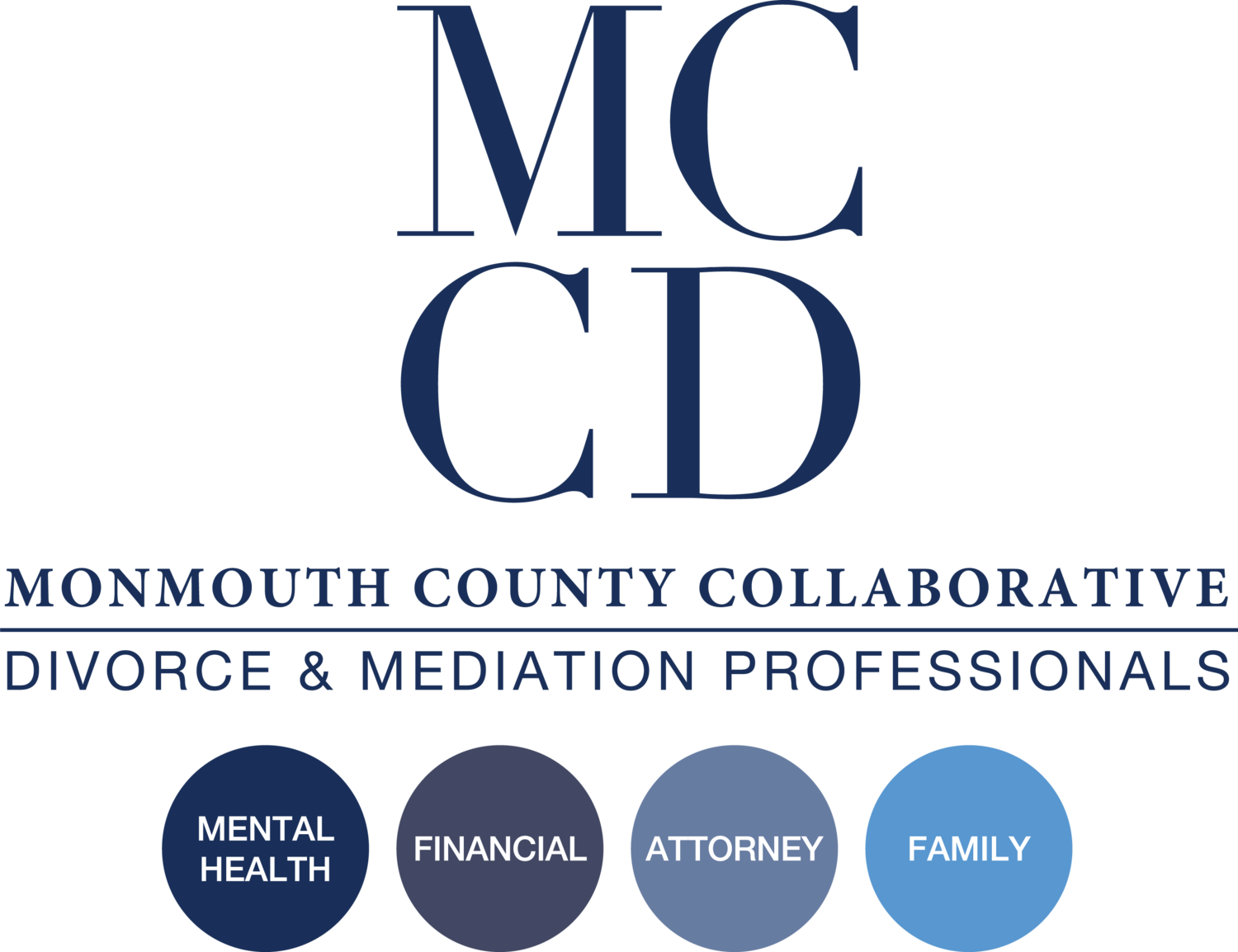Collaborative Practice - What is it?
Collaborative Practice is a voluntary dispute resolution process in which parties settle without resort to litigation.
Collaborative Divorce Process
1. Spouses sign a collaborative participation agreement describing the nature and scope of the matter.
2. The parties voluntarily disclose all information which is relevant and material to the matter that must be decided.
3. The parties agree to use good faith efforts in their negotiations to reach a mutually acceptable settlement.
4. Each party must be represented by a lawyer whose representation terminates upon the undertaking of any contested court proceeding.
5. The parties may engage mental health and financial professionals whose engagement terminates upon the undertaking of any contested court proceeding; and
6. The parties may jointly engage other experts as needed.
Collaborative Practice In New Jersey
Collaborative practice provides you and your spouse or partner with the support and guidance of your own lawyers without going to court. Additionally, Collaborative Practice allows you the benefit of coaches, child and financial specialists all working together with you on your team.
In Collaborative Practice, core elements form your commitments to this process.
which are to:
- Negotiate a mutually acceptable resolution without having courts decide issues.
- Maintain open communication and information sharing.
- Create shared solutions acknowledging the highest priorities of all.
Uncontested Divorce - Mediation
One option to reduce fees associated with divorce is to seek a divorce mediator instead of hiring a litigator. If both parties agree to the divorce and the equitable distribution of assets, as well as any child custody issues, mediation can save a lot of money. This is what the Monmouth County Collaborative Divorce & Mediation group does. Not only is this a much more civilized means of coming to an agreement with your spouse, but it also saves you thousands in court fees. Mediators can be hired at either a flat rate for their service, or at a lower hourly rate if more meetings are required. The hourly fee for mediators is typically much lower than the hourly rate for a lawyer who needs to argue your side of the divorce in court.
If you would like to learn more about Collaborative Divorce, mediation, uncontested divorce or any other possible variation of litigation alternatives in New Jersey, please check out the following link.

